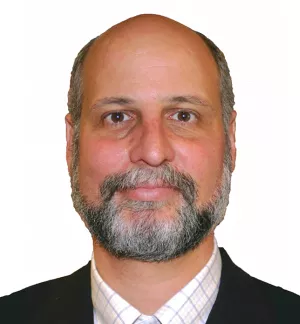Overview
Access to education increased enormously in the past century, and higher proportions of people are completing primary, secondary, or tertiary education than ever before. But efforts to universalize the provision of high-quality schooling face major problems. In Educating All Children (which grew out of a multidisciplinary project undertaken by the American Academy of Arts and Sciences), leading experts consider the challenges of achieving universal basic and secondary education globally. The contributors discuss the current state of education and how to measure global educational progress, the history of compulsory education, political and financial obstacles to expanding education, the role of educational assessment and evaluation in developing countries, cost estimates for providing universal education (and why they differ so widely), the potential consequences of expanded global education, and the relationship between education and health.
The research suggests that achieving universal primary and secondary education is both urgently needed and feasible. Will the international community commit the necessary economic, human, and political resources? The challenge, say the editors, is "as inspiring and formidable ... as any extraterrestrial adventures—and far more likely to enrich and improve life on earth."
Download the entire Introduction, Table of Contents, and Foreword here>
“Educating All Children: A Global Agenda.” Edited by Malin, Martin, Joel E. Cohen and David E. Bloom. MIT Press, January 2007


